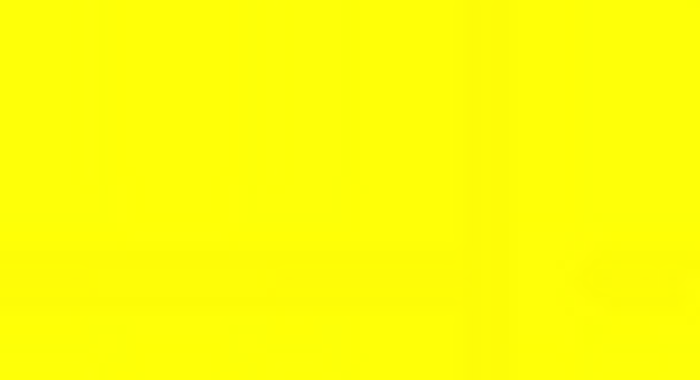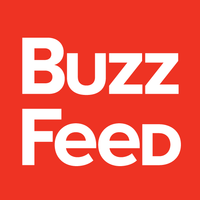Black British men talk about growing up black, the police, mental health, sexuality, and love.
(Article originally posted on October 20, 2016, at 3:03 p.m on Buzzfeed by Tolani Shoneye. See full article here.) (All image credit: Rebecca Hendin)
For UK Black History Month, I talked to eight black men between the ages of 21 and 31 and we explored what it's really like to be black, British, and male. After our conversation, it was pretty obvious being a black man comes with many different narratives.
According to these men, being black means dealing with racial microaggressions and subtle racism every day, because racism only seems to be overt when people are drunk or in big groups. It is keeping your head down and your eyes averted when around black boys you don’t know. It is having your dreams and aspirations dulled because the British media only celebrates black rappers and athletes.
It is knowing that you are not really English, because to be authentically English is to be white. It is to know that your definition of black British is connected to African and Caribbean traditions. It is to have a strong sense of "home", even if you have never been "home".
Keith Dube: Growing up you either wanted to be associated with the guy getting girls, or you wanted to be the guy getting girls. To be cool you had to either play sports, get girls, or get money. And as much as you had a strong brotherhood, it was also a dog-eat-dog environment. It wasn’t a choice – you had to be hard, because people would test you. You had to prove that you wasn’t a victim. No one wanted to be a victim.
Toba Akande: Growing up in a African household also affected the kind of young boy you were. So as much as I wanted to be hard on road with my boys, I always had my dad at the back of my head. So I wasn’t just scared of police and mandem, I was also scared of my dad. It was like I couldn’t get in trouble, because what was I going to say when I got home.
There were set ways to have fun, and if you were not doing it, you weren’t cool. I remember being called a wasteman because I had not lost my virginity, age 13. If you was the guy that wasn’t getting girls, the pressure was so much. You had to be the guy that was sick at football, on swingers [fighting] or getting girls, or you were a dickhead.
Dior Clarke: Being a black boy for me meant being a bad boy, being masculine, being on road, having the most swag, and having the best-looking girls. You had to be a certain type of way to fit in, because it was what you saw your olders doing.
This hasn't changed much being a grown-up – I feel like my narrative as a black man is who I am meant to be rather than who I actually am. People expect black men to be a set type of way. They expect you to follow negative stereotypes.
Seun Omobitan: It was pretty much the same for me growing up. Being a black boy meant you were getting girls, you were funny or you were good at sport or music. The guys that used to MC in my area were the guys that were respected. These were the guys that could spit back-to-back on the playground.
Marvin Abbey: When I was growing up, you had to be the cool guy, and the cool guy meant having and doing certain things. You had to have Reebok Workout trainers, you had to have an Avirex jacket and a Nike tracksuit. You also had to be popular or be around the popular guy. It also meant being a little troublesome – we weren’t trying to be killers or anything, we were just having fun. And fun meant getting into trouble sometimes. We would hang around in groups, chat up girls, and look up to our olders – we were just finding ourselves.
But now, being a black man, I feel like being black is linked to so many stereotypes and incorrect narratives. The stereotypes that we are strong and fast don’t bother me – the problem I have is the fear factor that comes with being a black man. I get on the train, people move out the way. I can see white people feeling uneasy when I’m around, and that is because of how black men are seen and spoken about.
Dominique Daniel: It was all about your sporting ability and being "the guy", where I grew up. You had to be the guy that wouldn't let anyone take you for a mug. You had to be associated with being the hard, tough guy. Your olders were hard and tough and those were the guys that you looked up to. It was about being the alpha male, or if you couldn’t be the alpha male, be around the alpha male.
Terroll Lewis: A lot of the black boys I grew up with were driven by sports. You played football or you did boxing. But it was always one foot in sports and the other on the streets.
I asked the men if they trusted the police. I got a resounding no, mixed with laughter.
TL: The police can kiss man's arse.
KD: I have tried to have a positive view of the police, but I can't count how many times I have been stopped and searched yet I have never been arrested off the back of these searches. I always seem to fit some sort of profile.
MA: I have been violated by the police, and I feel like many black boys have been, and we don't complain about it because we are used to that treatment from the police, it's how we expect the police to treat us. I feel like a lot more white people are committing crimes in the UK, because there are more white people in the UK. Yet we are still targets. We see how the police treat black people and we can’t do anything about it. It’s the worst feeling in the world.
SO: I have never felt supported by the police – even when I am a victim of crime I feel like I will still be treated unfairly.
DC: I started distrusting the police when I felt I was constantly stopped and searched for no reason. I feel like the police don’t deal with black men correctly. I remember the Tottenham riots, when it was peaceful, and police were manhandling people. Mark Duggan being shot and he didn’t have a gun on him. [In 2014, an inquest jury found Mark Duggan was lawfully killed, even though they agreed he was unarmed at the time of the fatal shooting.] How can I trust that?
For full article please see here.

